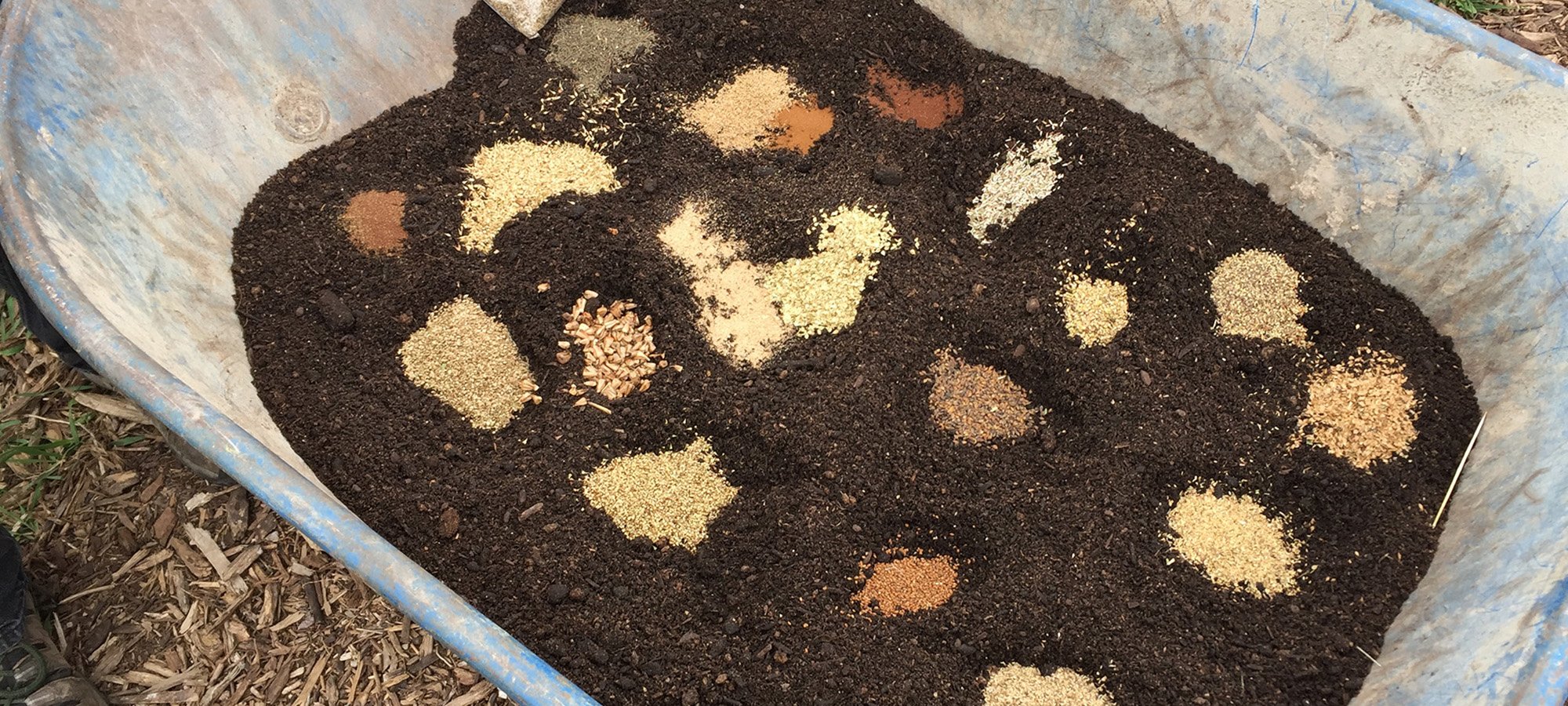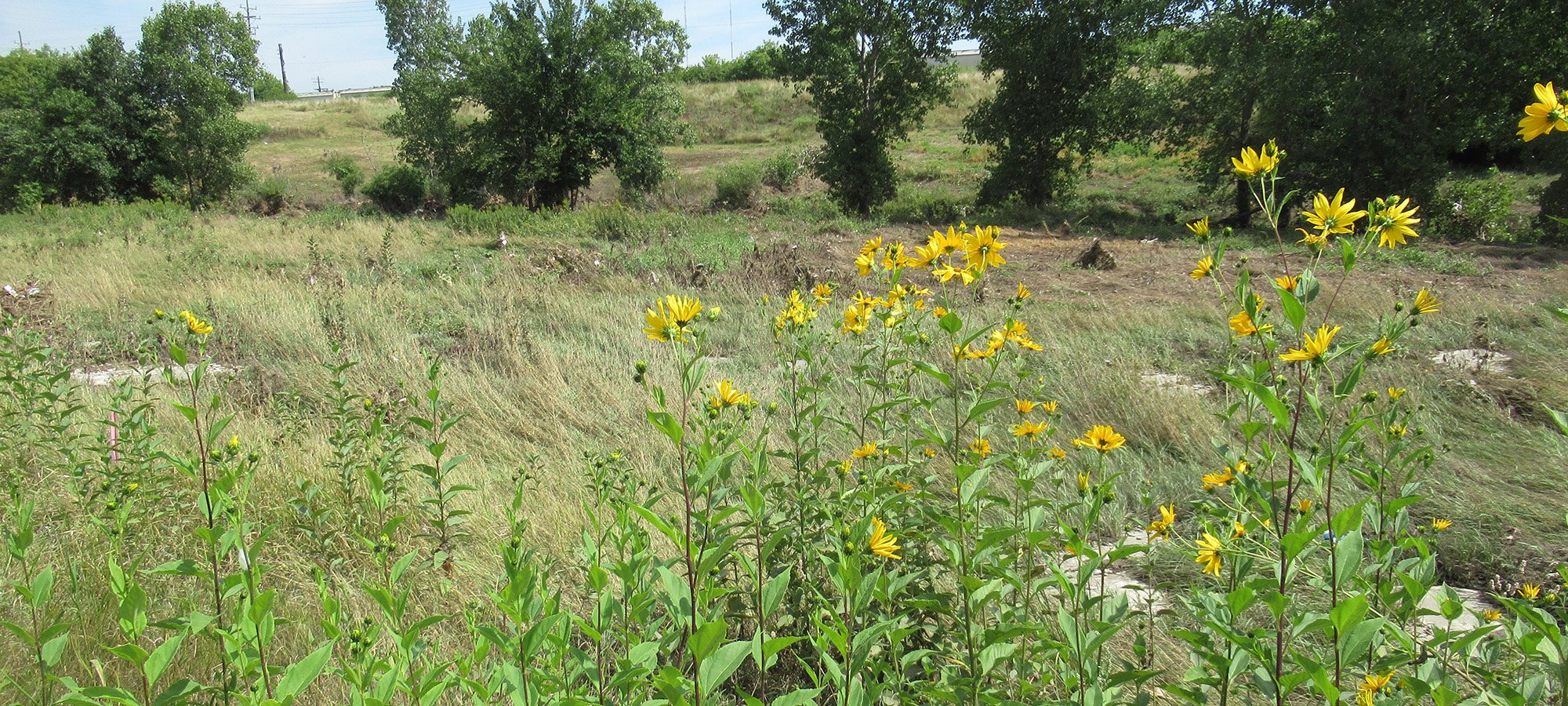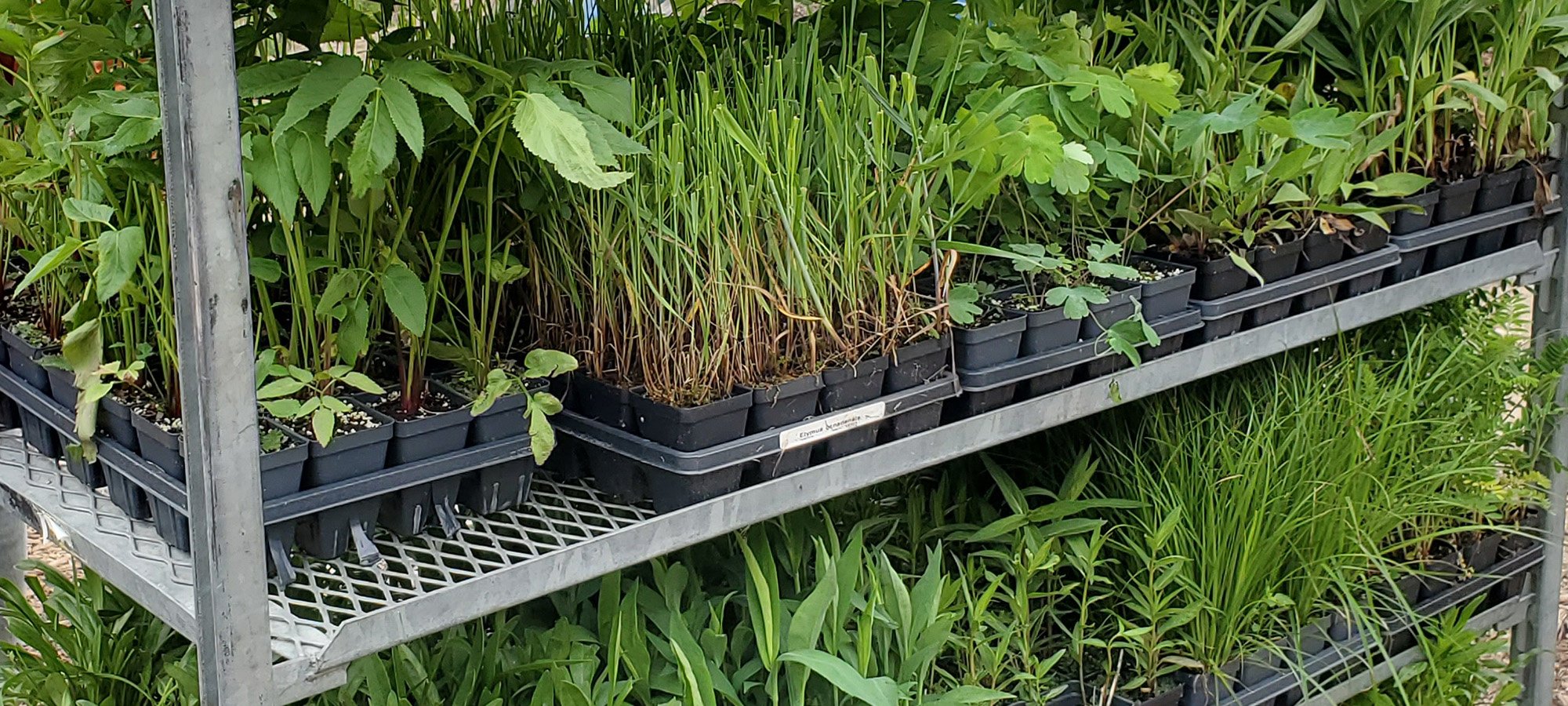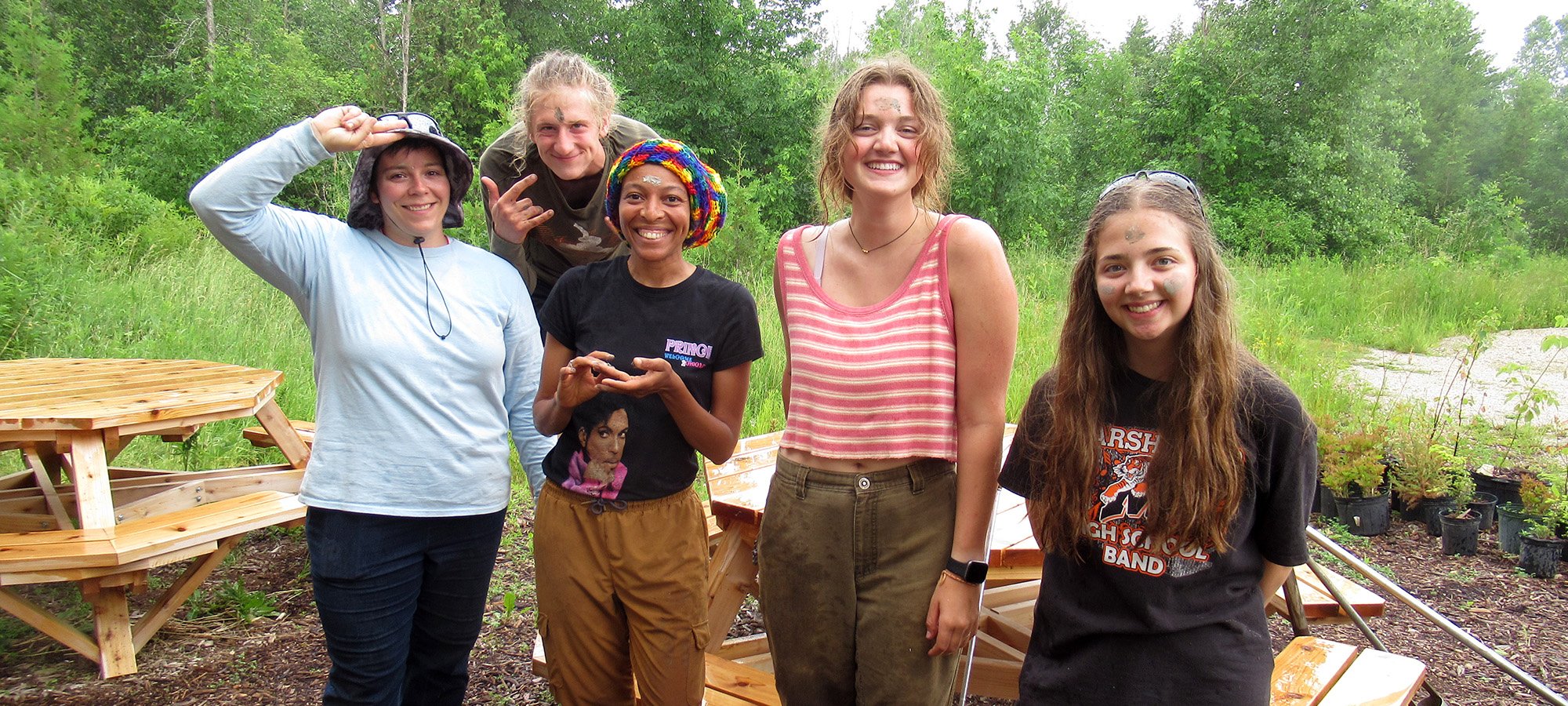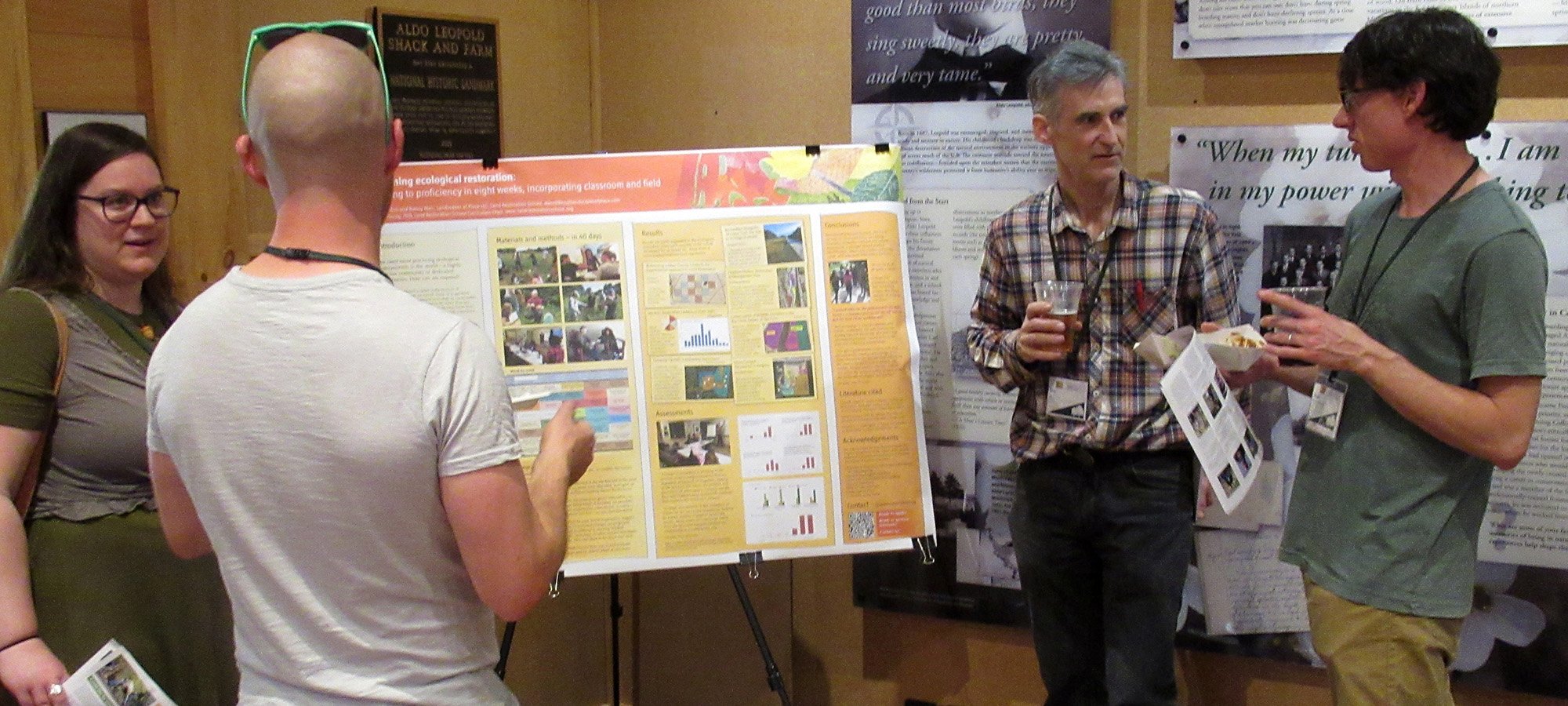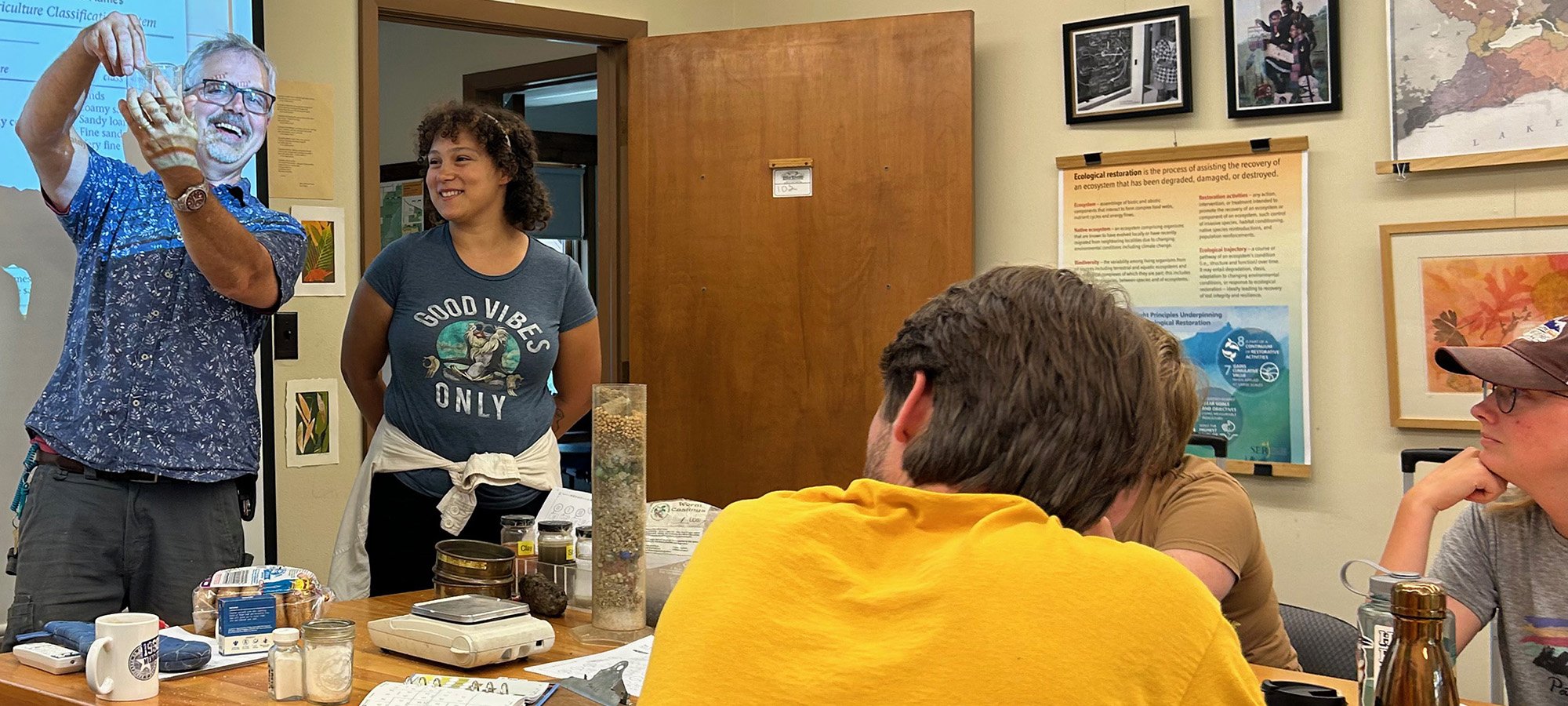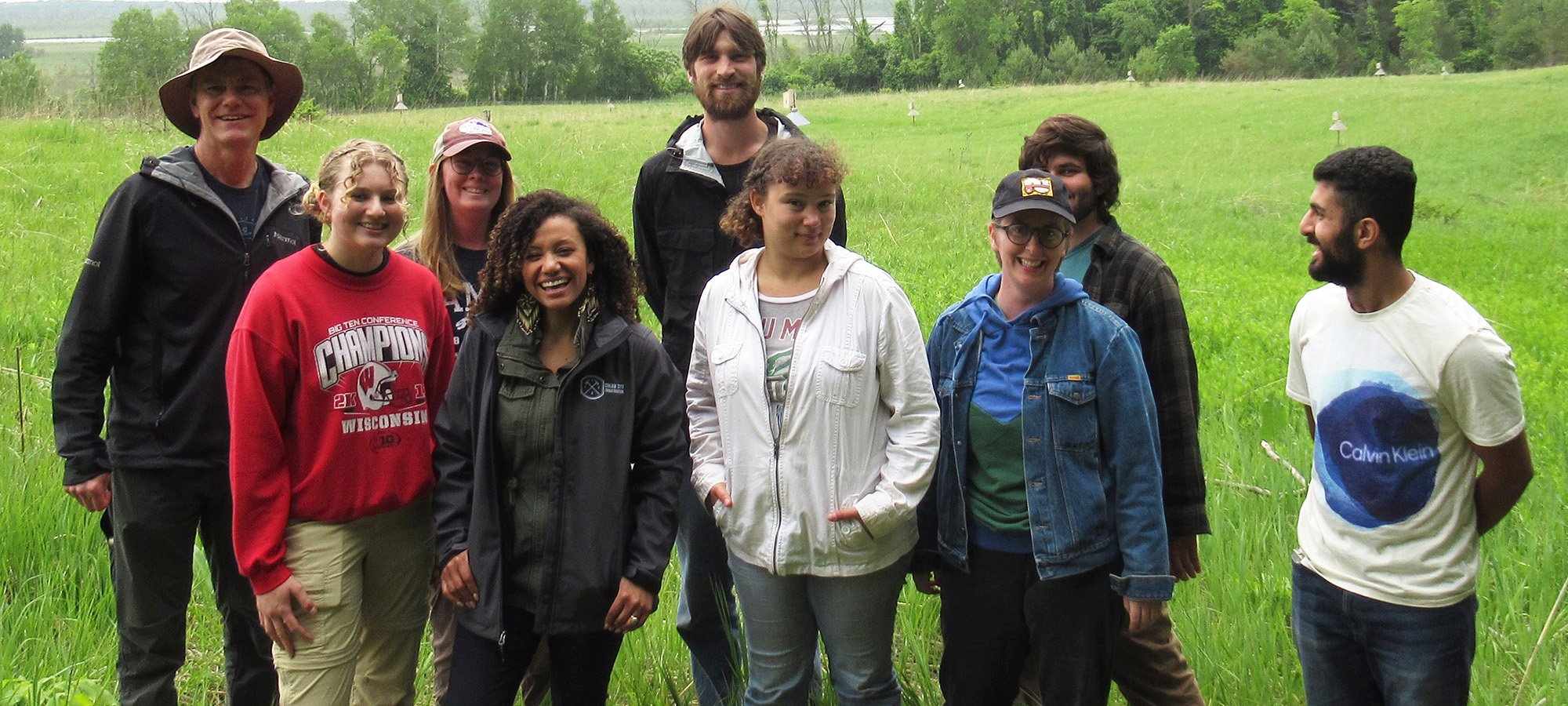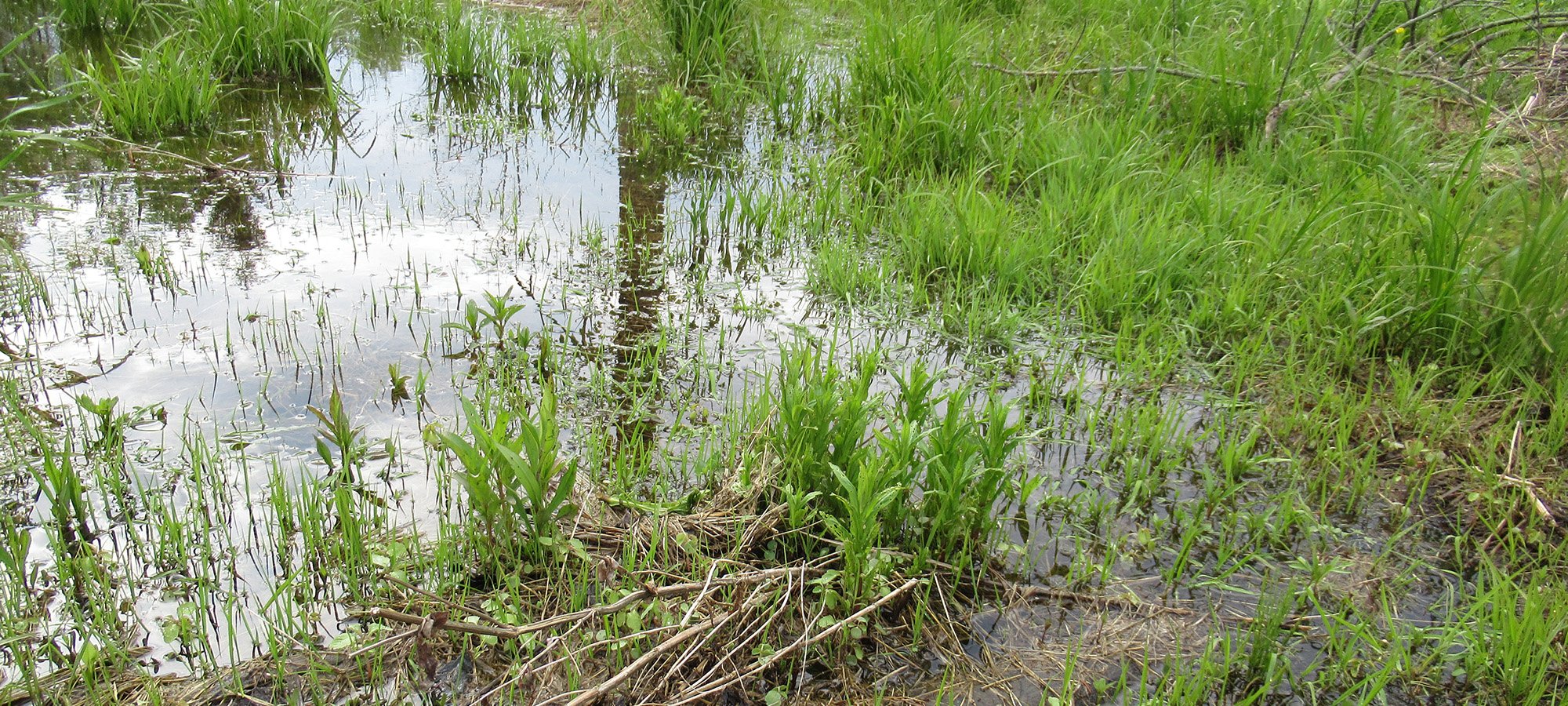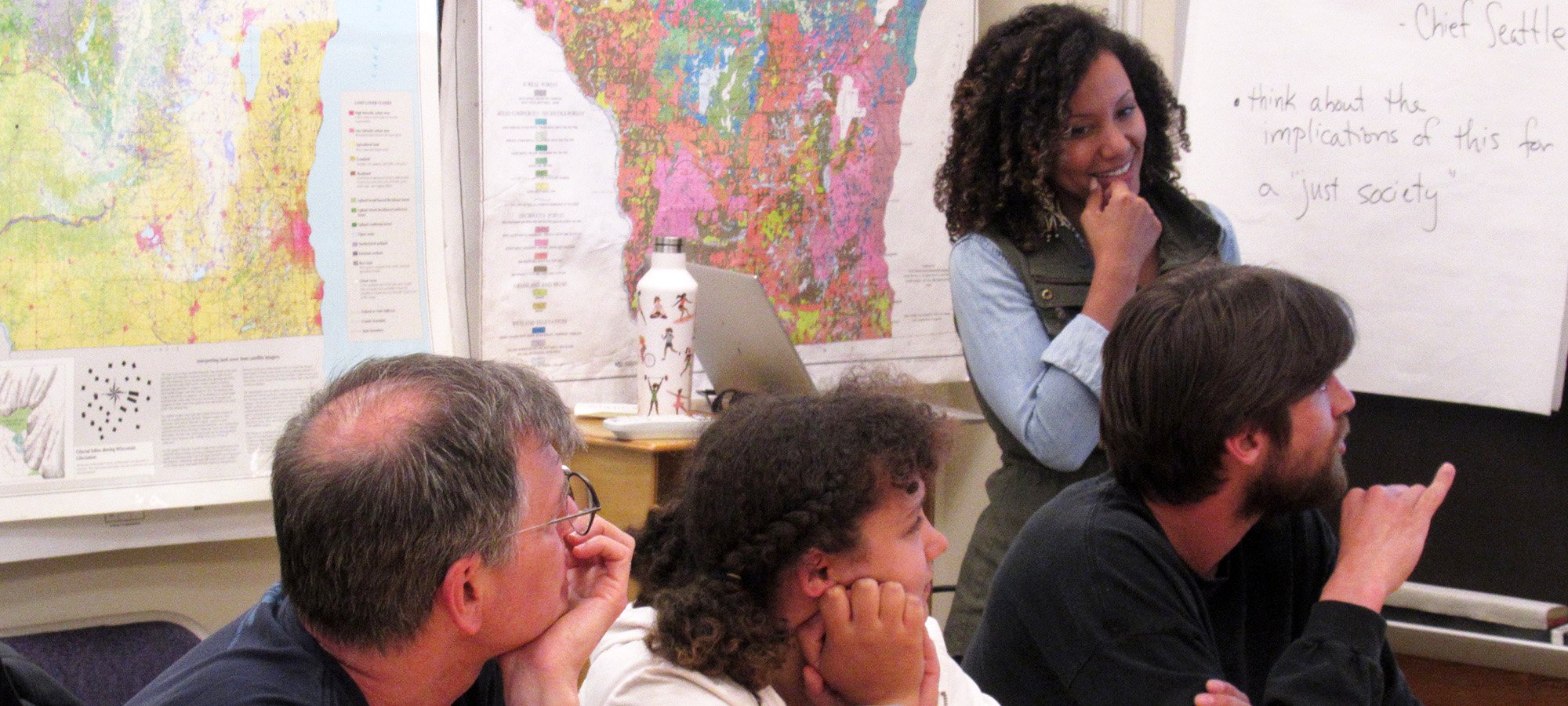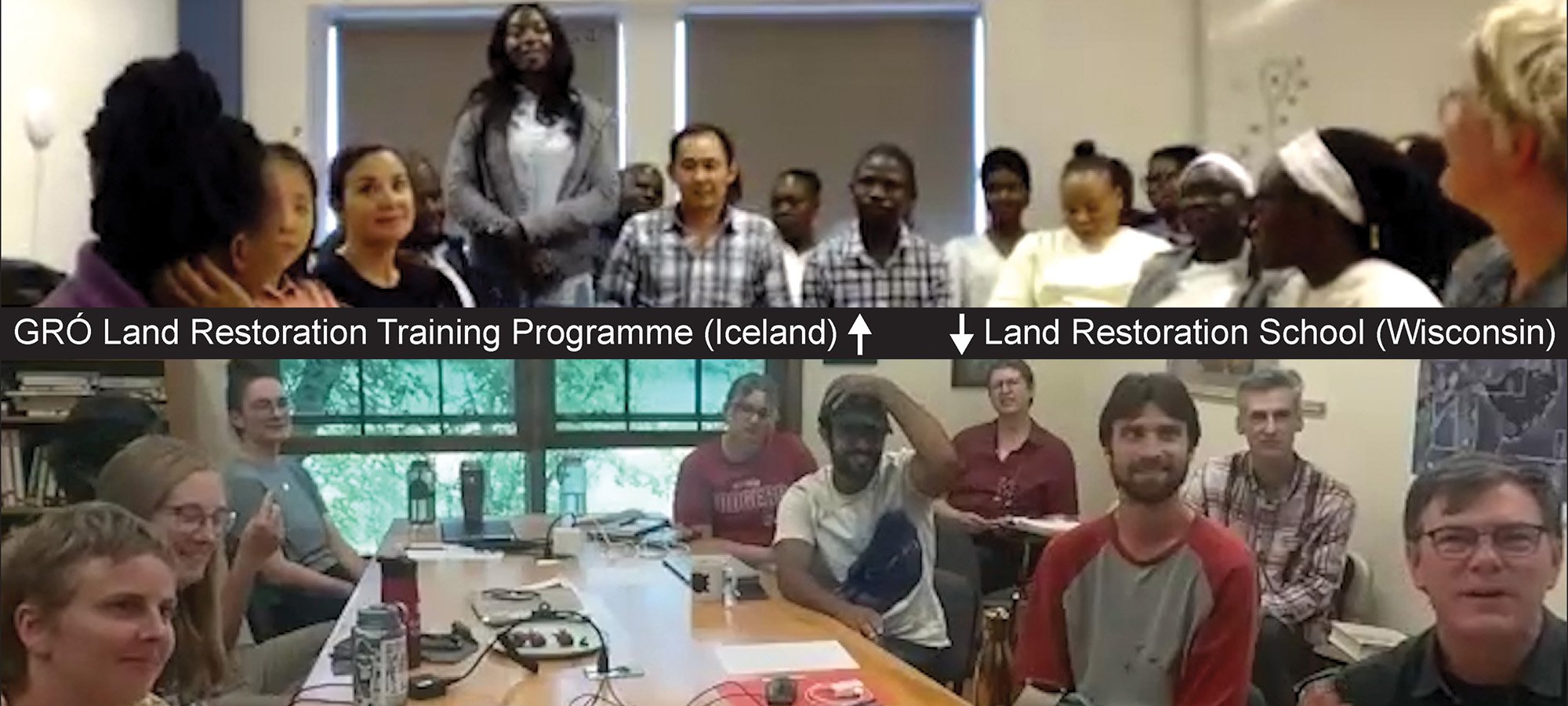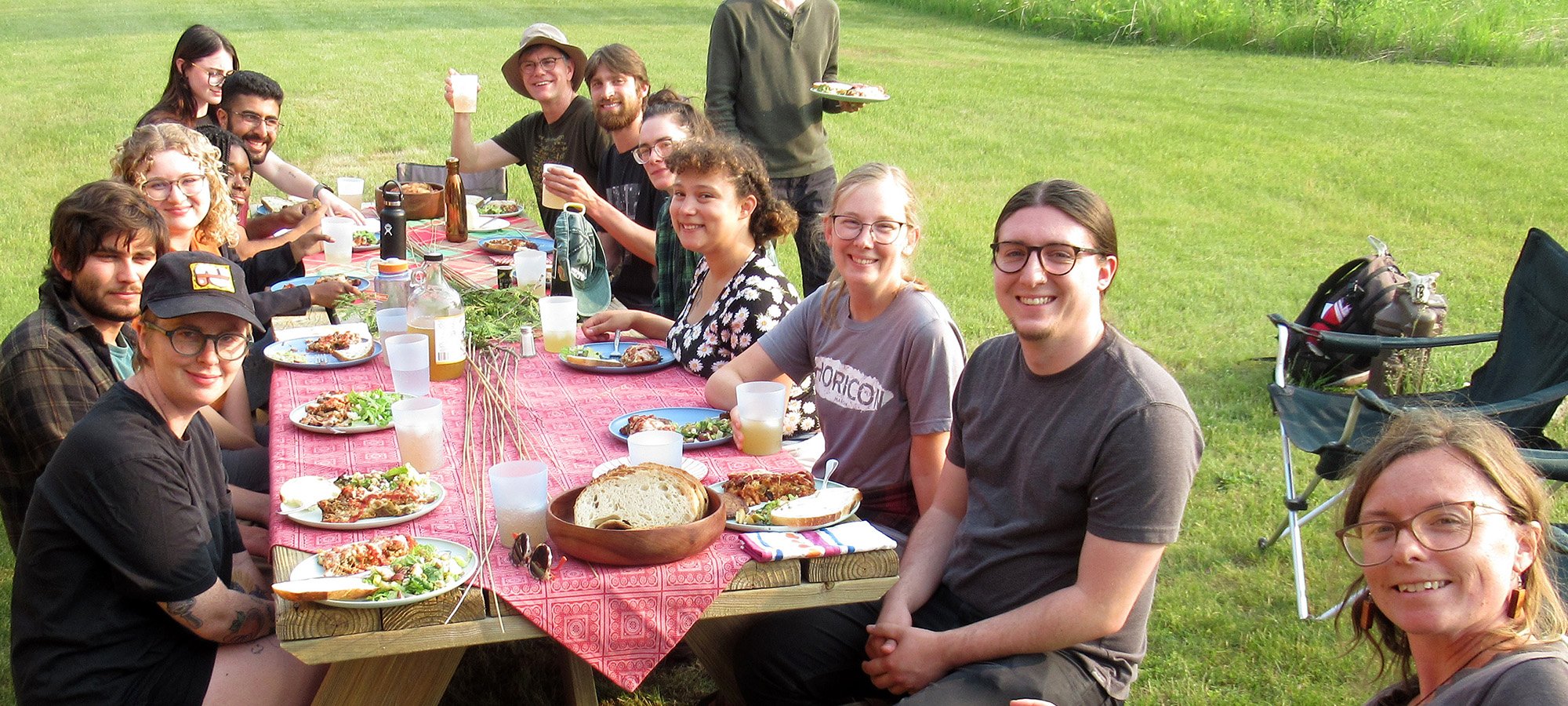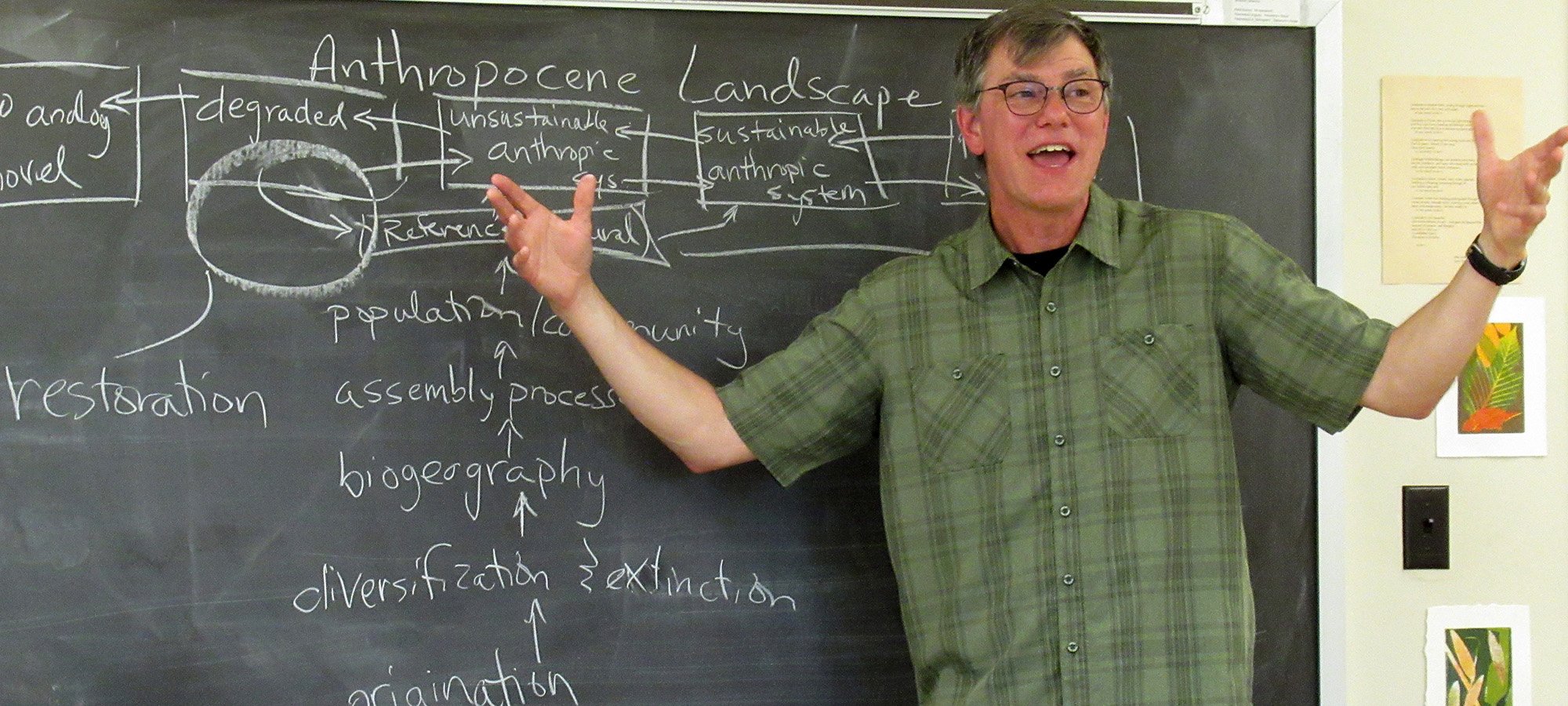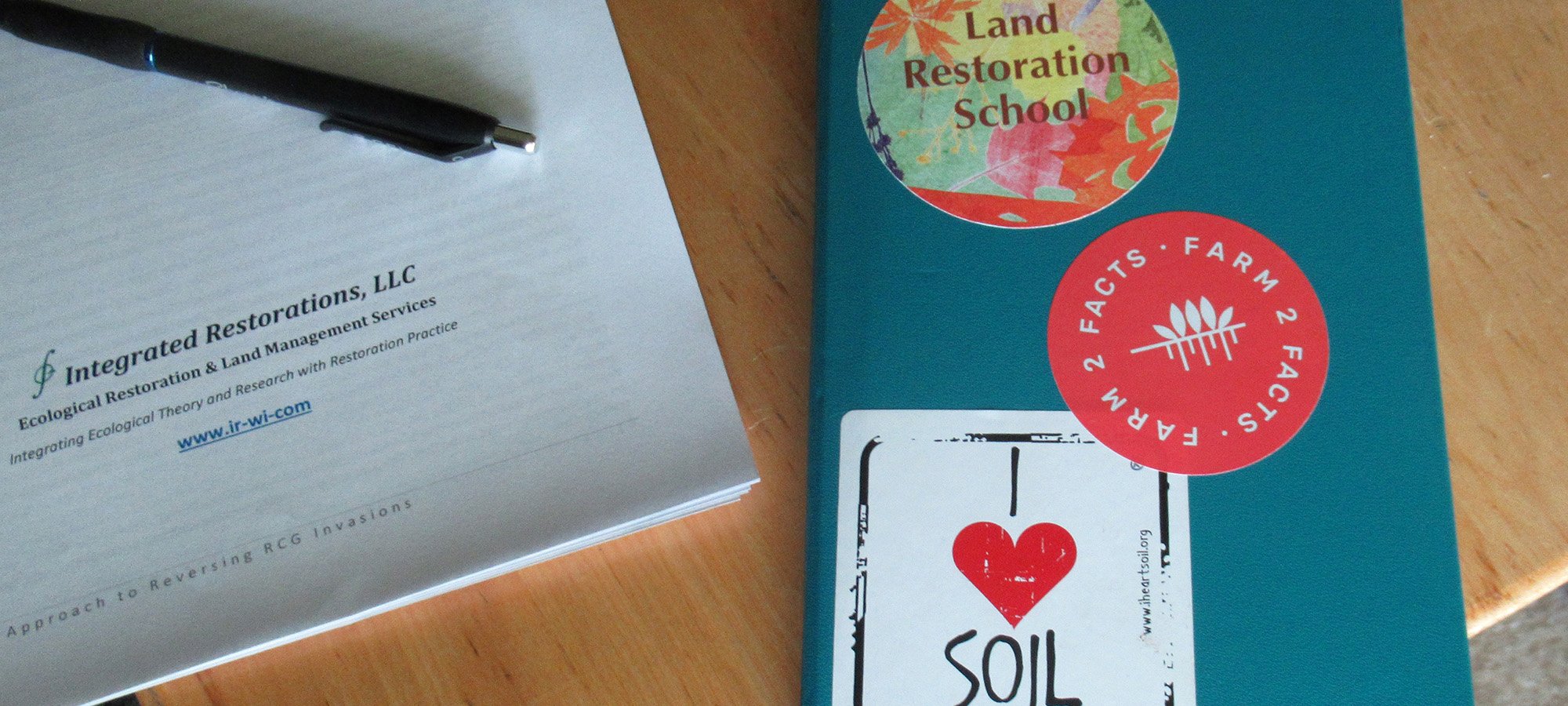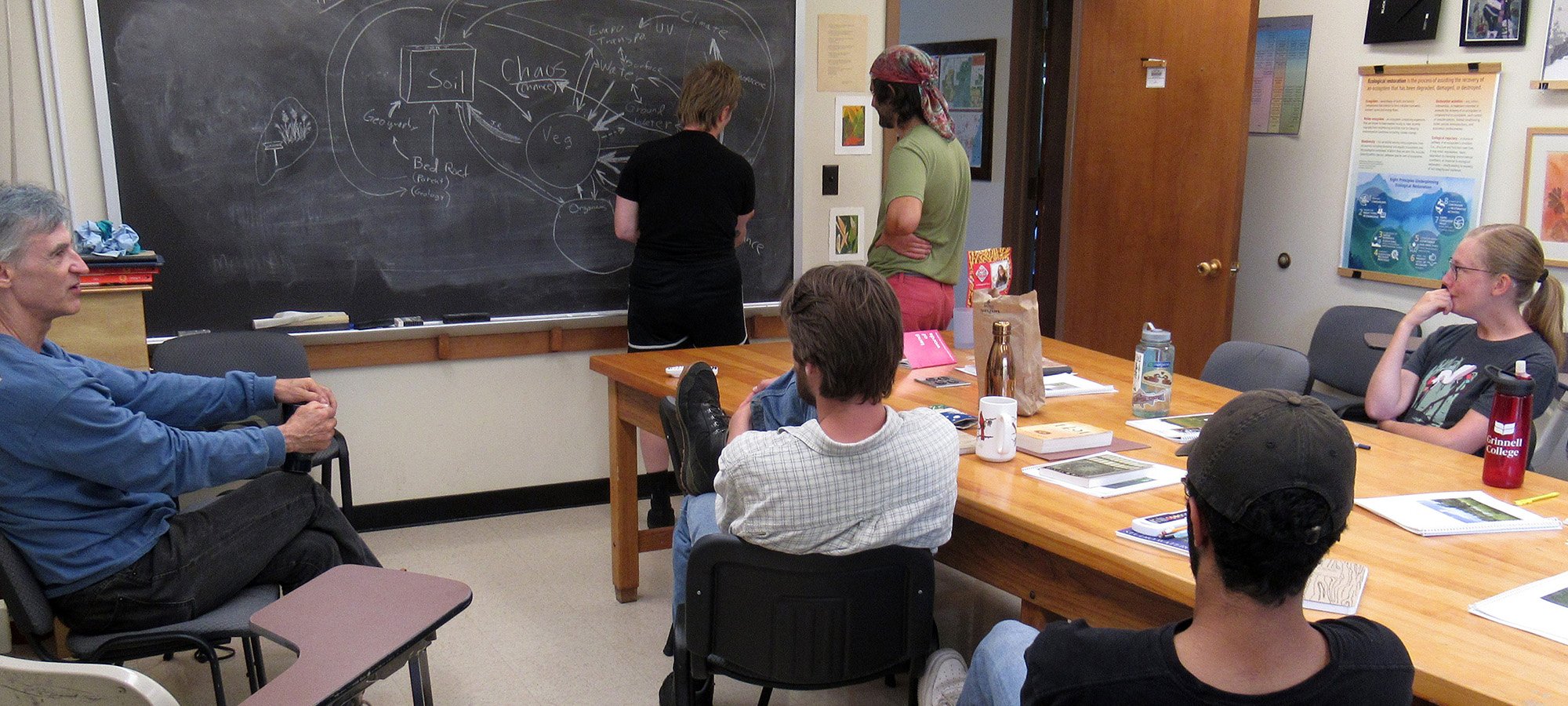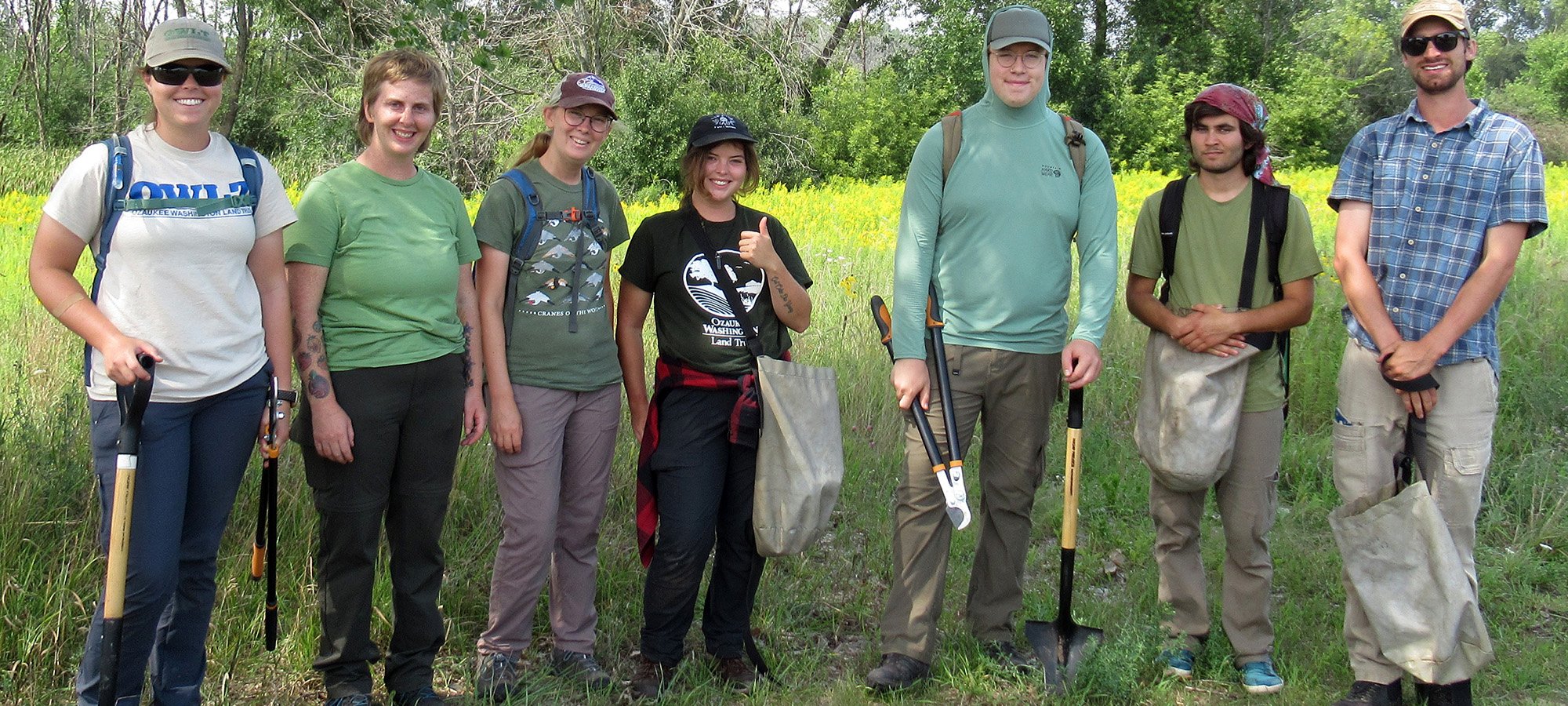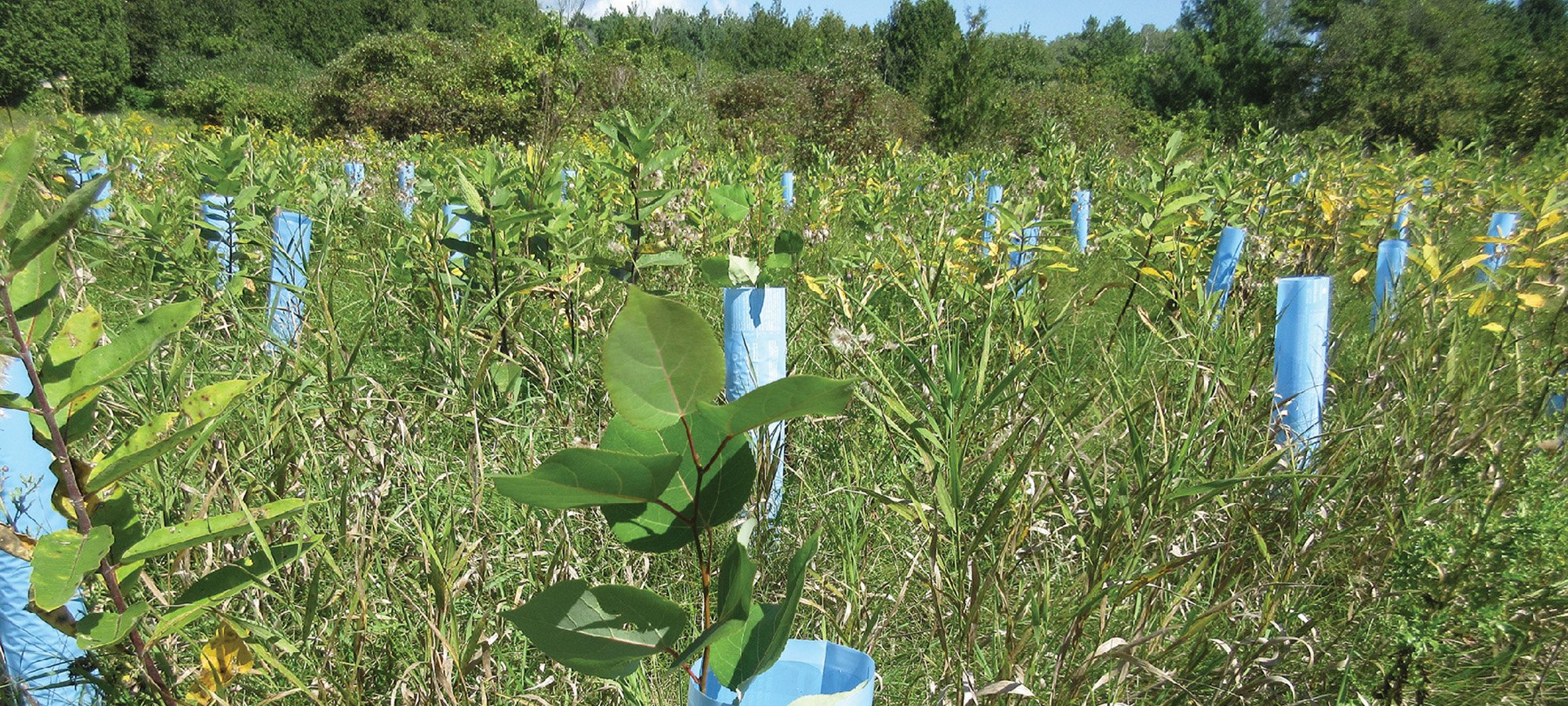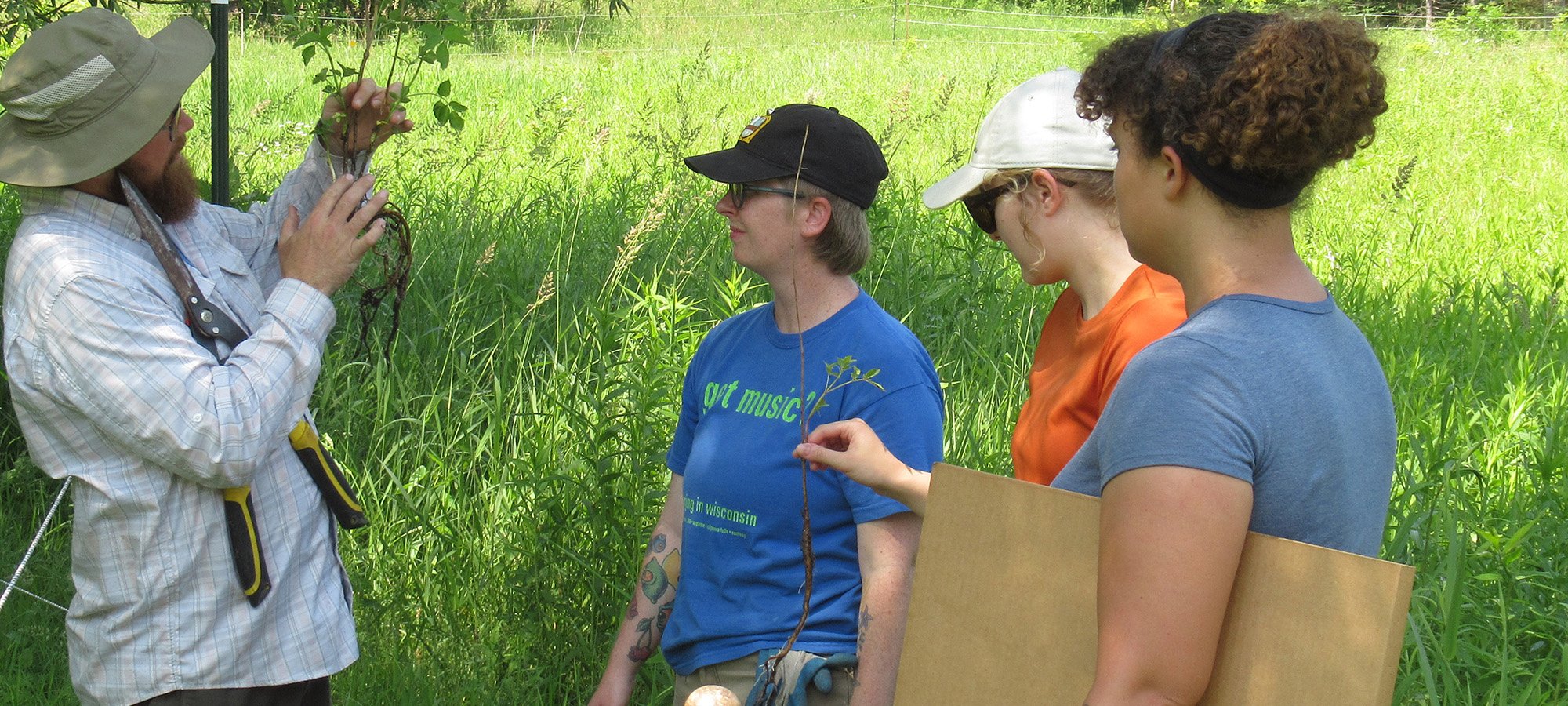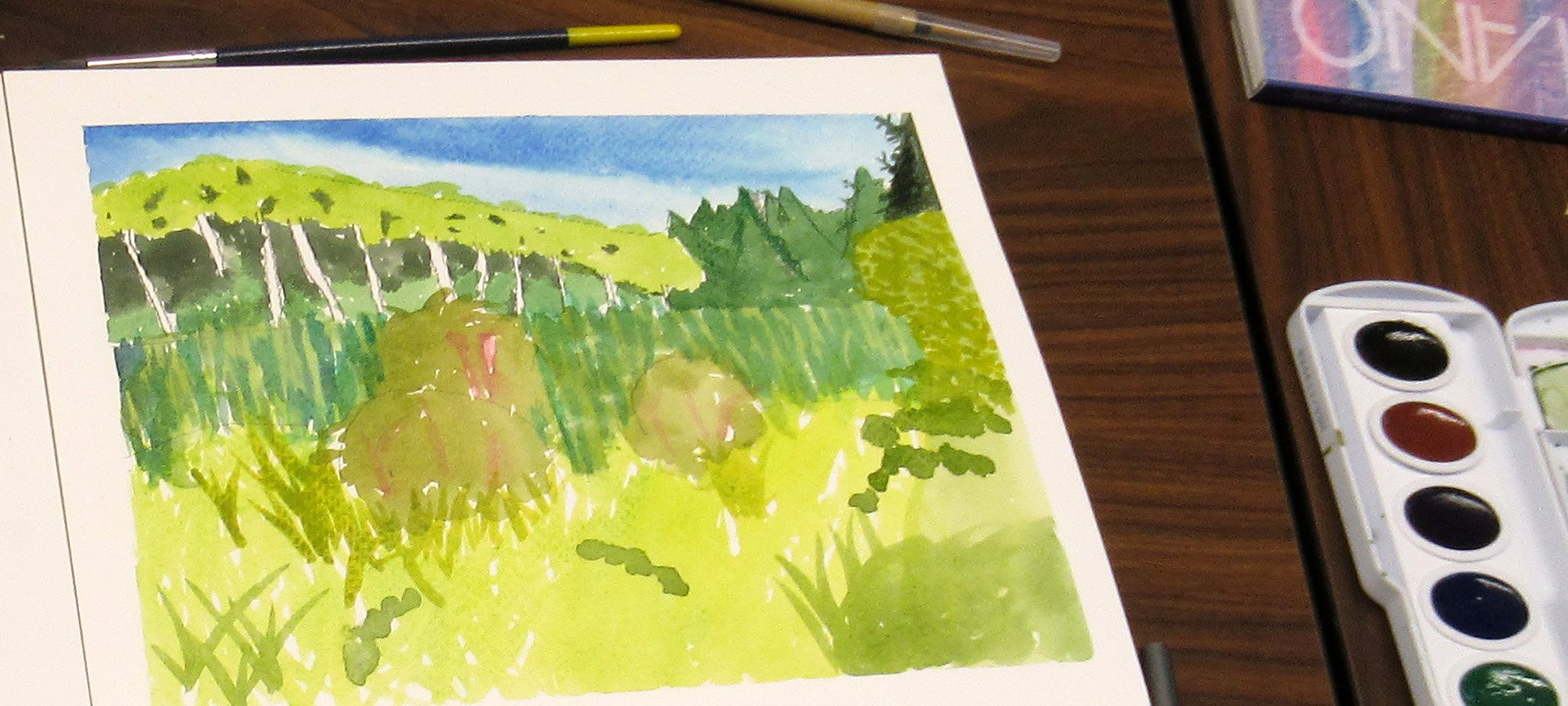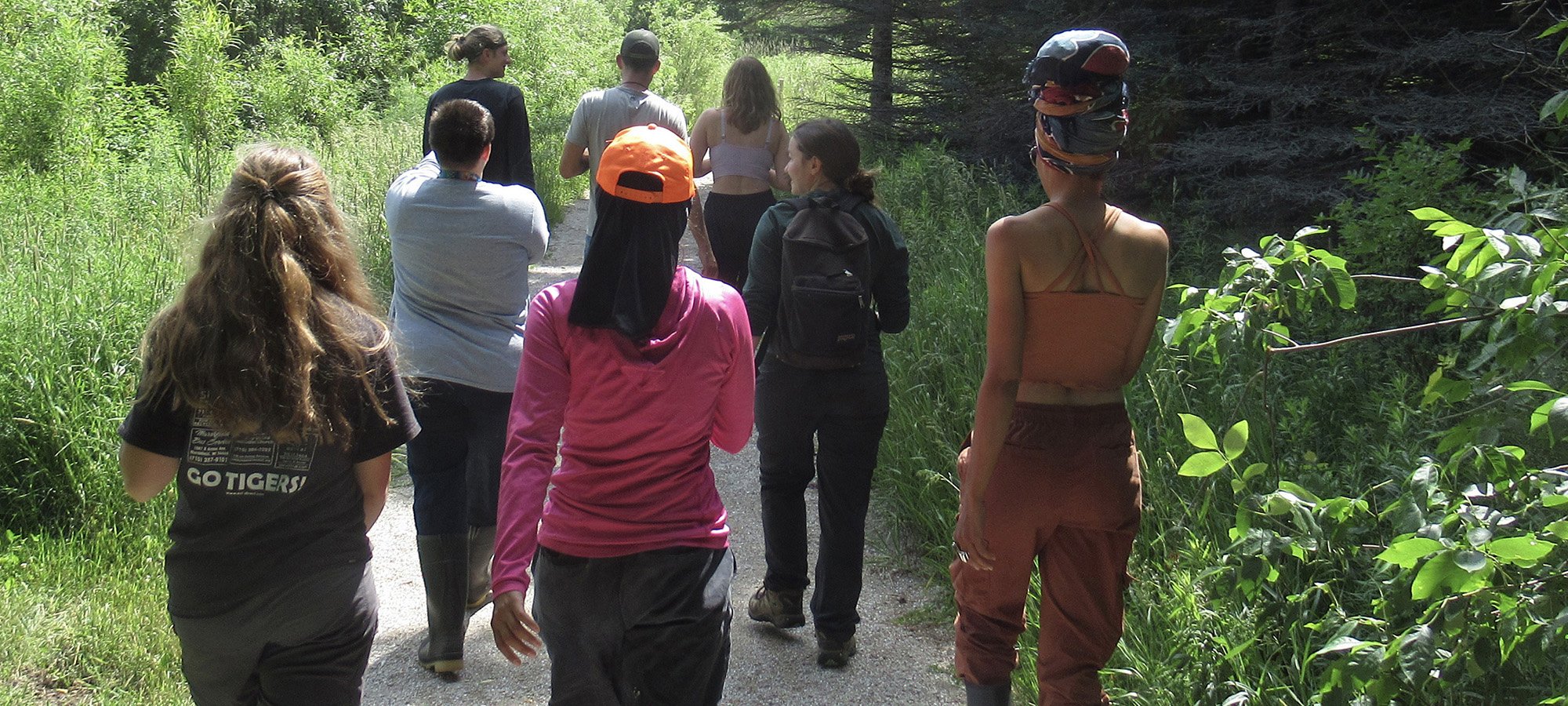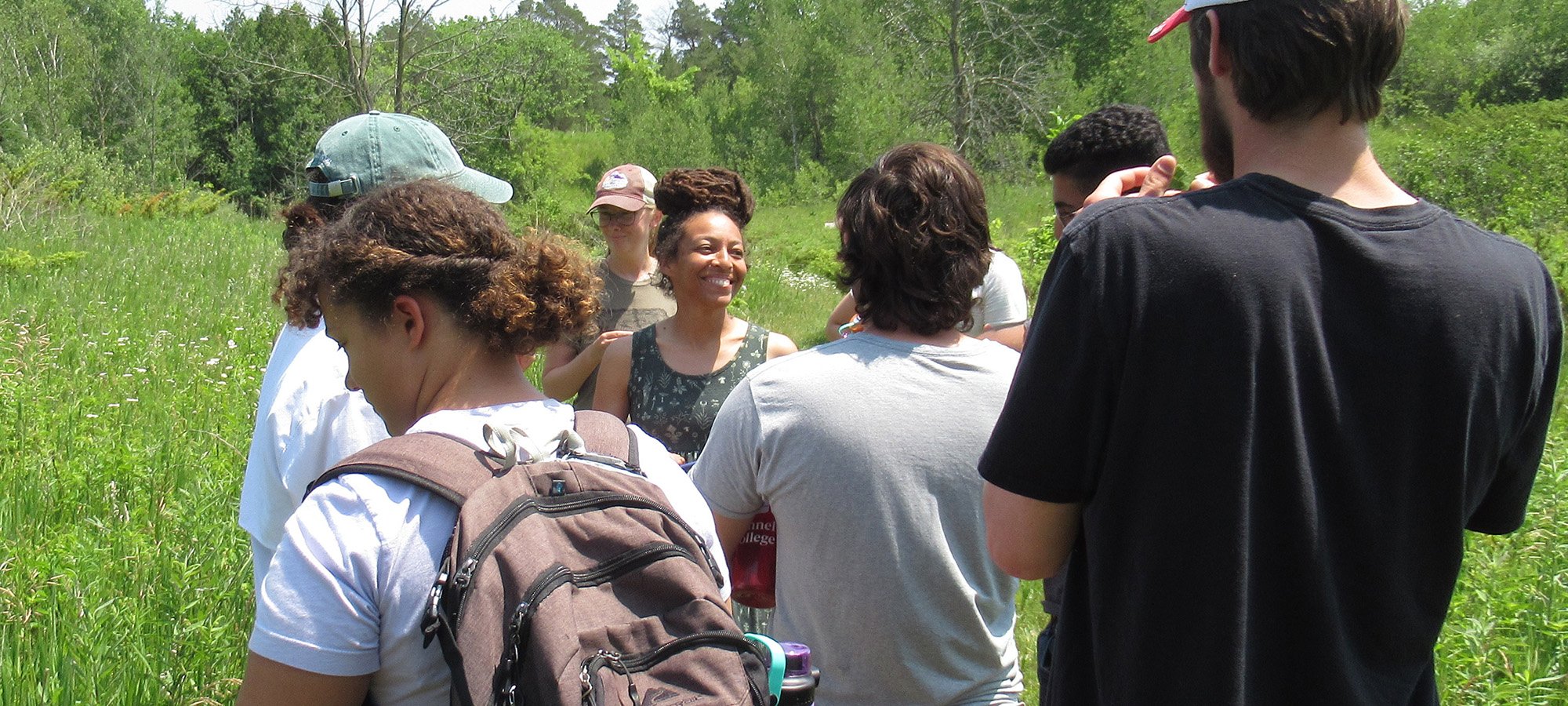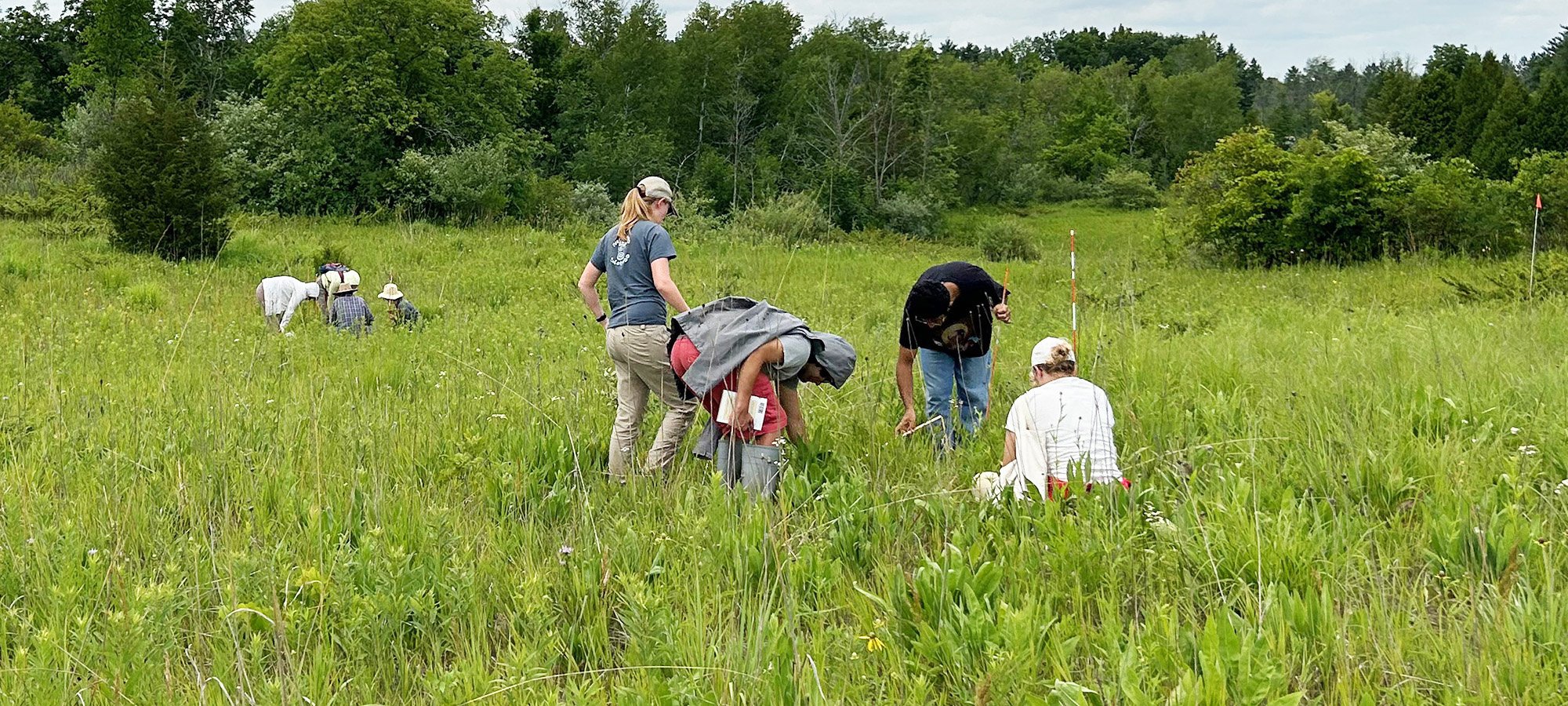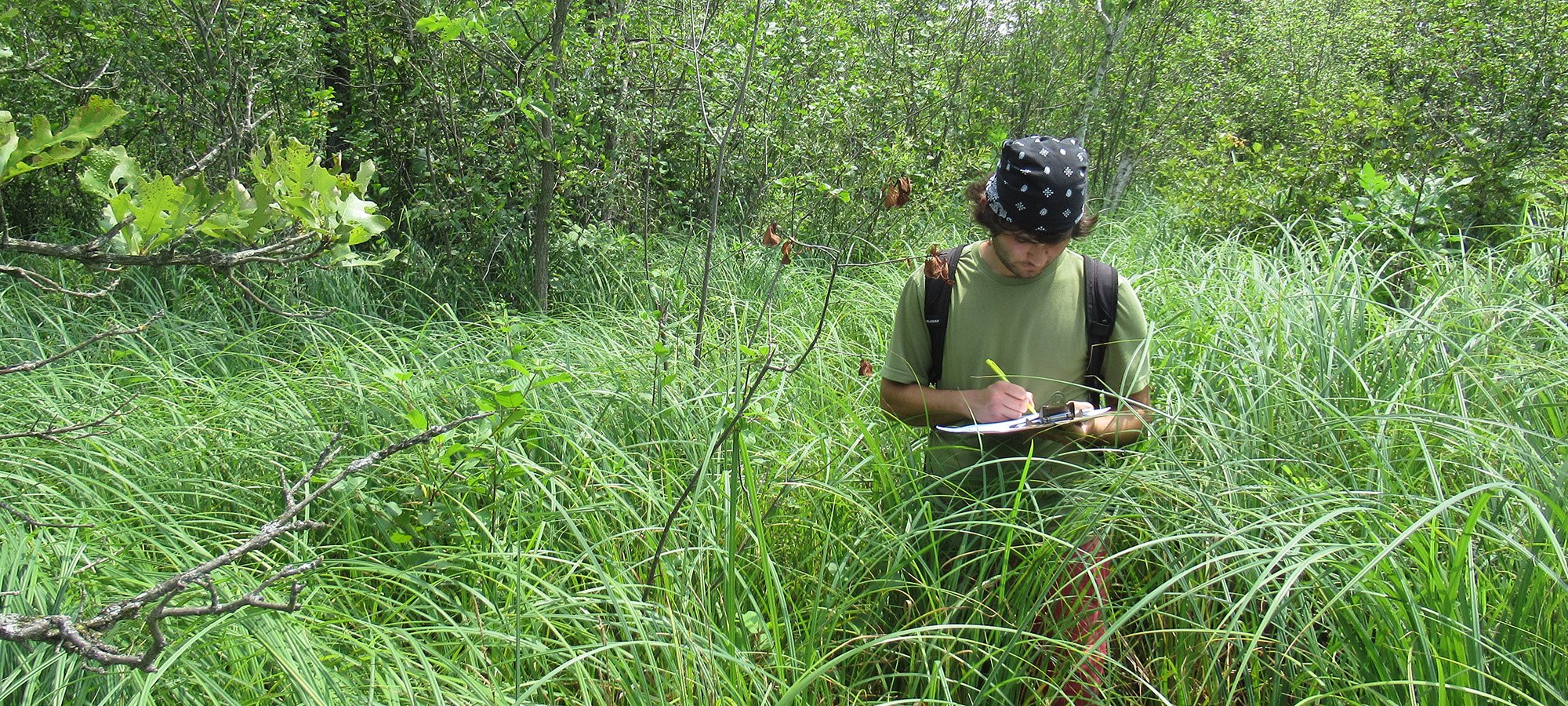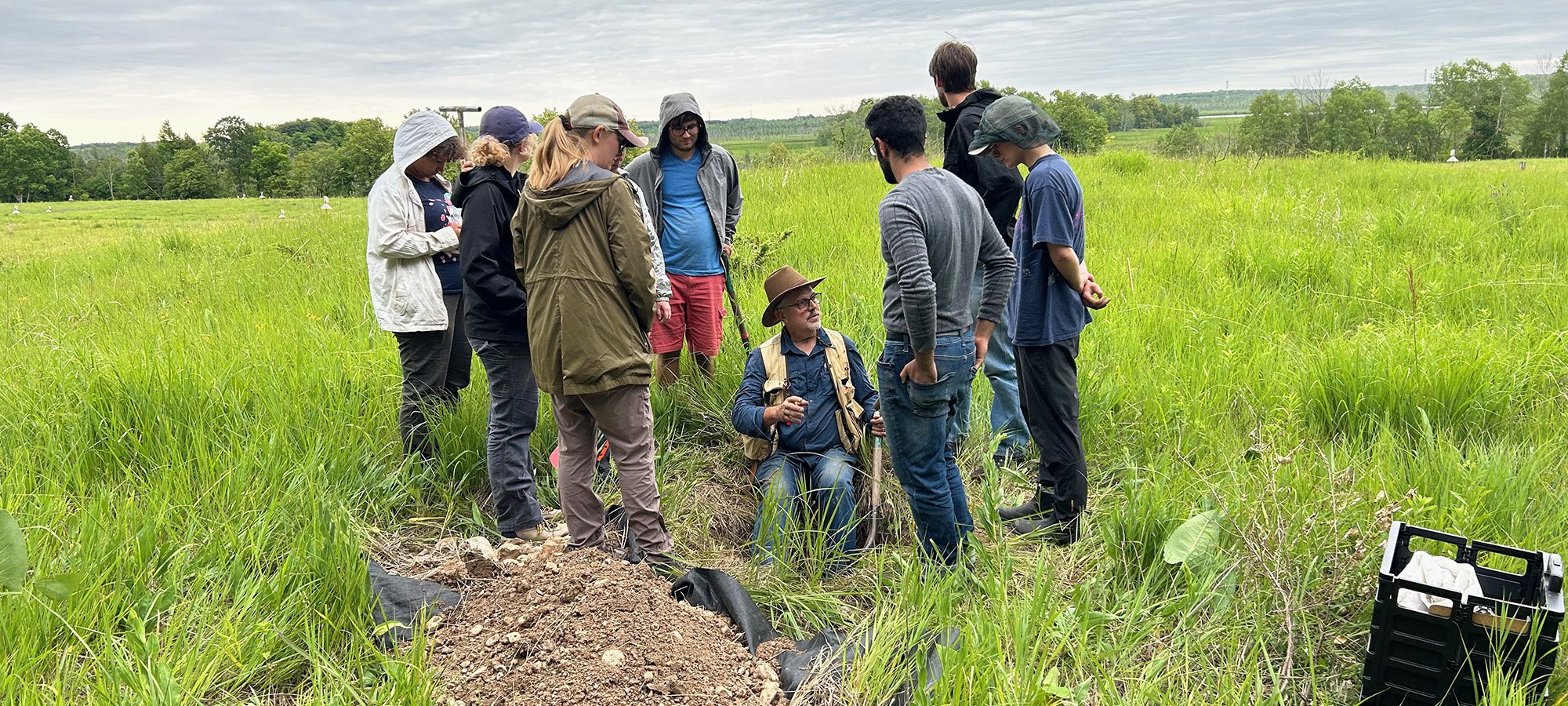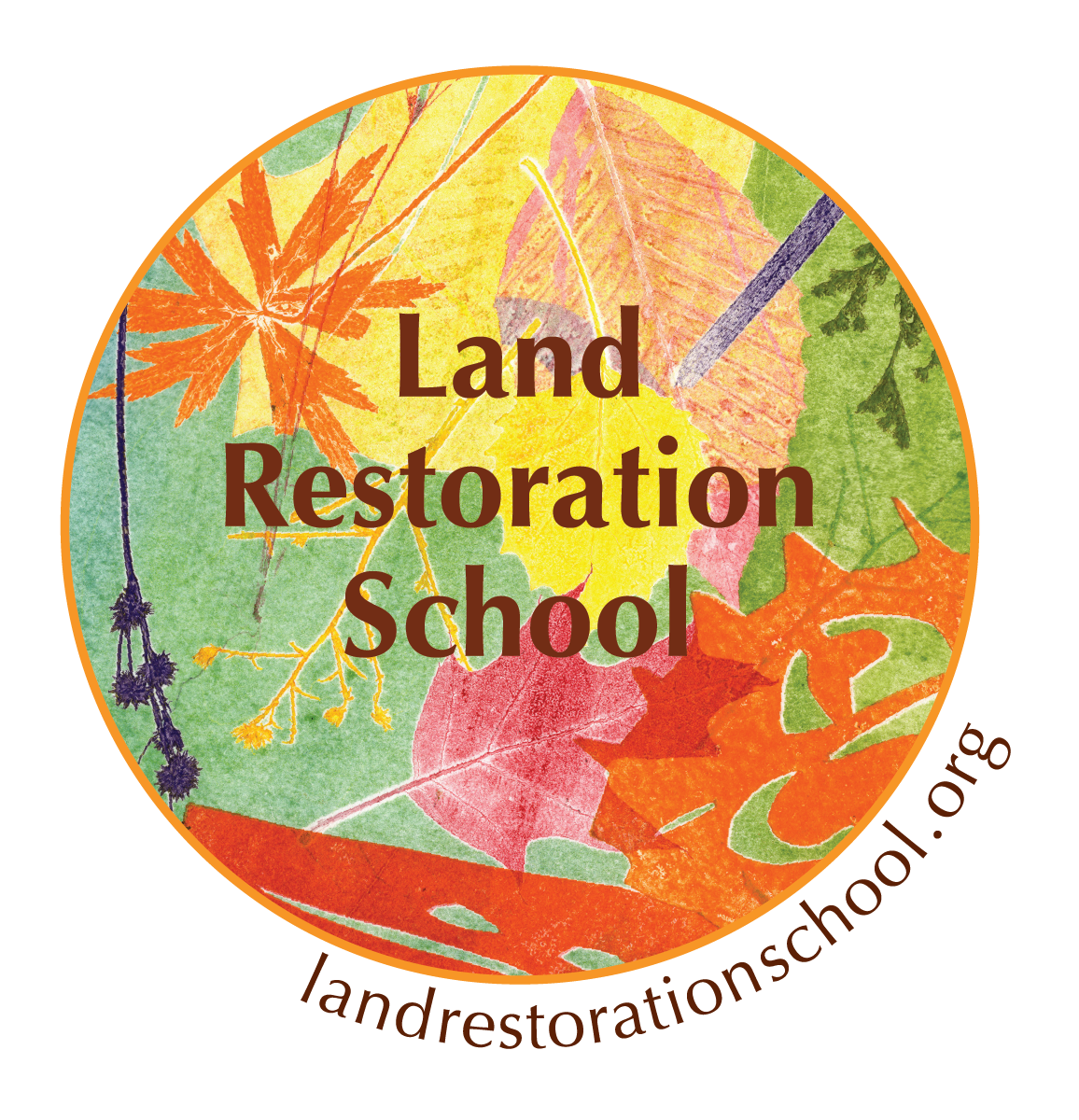We welcome all who believe in diversity, equity, belonging, and justice including environmental justice –
who strive to embody these and similar ideals in words, votes and actions.

The Land Restoration School founded in 2021 is a paid, collaborative learning and transformative work experience. This academic program teaches the principles, practice and planning of ecological restoration for lands that need healing — an educational immersion in land restoration.
Adults who are career-changers, those seeking a new path forward in ecological restoration, and college students planning to enter the field – are all welcome.
Land Restoration School is located in the Milwaukee-North area, in partnership with Restoring Lands, Mequon Nature Preserve, and the University of Wisconsin-Milwaukee Field Station. For information, see Resources.
We believe a diversity of backgrounds, experiences and hometowns strengthens the learning experience, allowing each participant to share their skills and learn from one another. We seek environmental justice and embrace our responsibility for diversity, equity, and belonging.
The restoration of degraded habitats is critical to the Earth’s health. Ecological restoration is a societal need, a generational obligation and a viable career path. There is first-person responsibility for the challenges we face, and the opportunity to launch careers and expand the community of effective professionals – not always through traditional pathways.
Land Restoration School
Read more about the Land Restoration School Vision.
Applications are now open for Summer 2026! Apply here.
Applications open in mid-December and are reviewed on a rolling basis as received.
Being an ecological restorationist… in the voices of participants:
From Participants
“We are going to need to restore ecologies if we are going to be able to survive as a species on this planet, and especially if we want to be inclusive of all communities of peoples' well being. In a just society we must extend justice beyond justice for humans toward justice for nonhuman beings, and also justice for people's lost relationships with and connections to nature.”
"It seems like such a curated and specialized learning environment …. I think this has the capacity to change the world in many ways and has definitely changed my world.”
“Ecological restoration hopes to convey that all plants, fungi, animals and other life forms are our relatives that have fundamental roles in our planet’s ecosystem. Restoration acknowledges the injustices of the past and present and seeks to provide all people access to the gifts provided by mother earth.”
“I gained miles on the path towards my goals; found a restorative process for myself and not just the land I’ll be working with.”
Land Restoration School 2026 begins in:
Below is a visual overview of what LRS is like!
The Learning Experience
Participants are passionate about the environment, ready to jump in to an intensive educational experience and express a personal goal of working in ecological restoration or an affiliated field. We believe this program will appeal to participants beyond traditional college age.
The Land Restoration School strives to attain excellence within the conservation community and to be a model for change in the world.
To create a vibrant and excellent program, the LRS engages a mix of guest faculty from regional universities, local scientists and ecological restoration practitioners.
Participants are provided with education in classroom and in field, and a paid stipend ($24/hr equivalent) to defray living expenses.
Our classroom is indoors and outdoors; hands-on restoration training is an integral part. We work with mixes of remnant and disturbed lands to create an ideal teaching ground on a range of habitats and conditions with decades of restoration work ahead – real-life models of landscape transformation.
The curriculum is ecological restoration – assisting the recovery of degraded lands toward ecological health and thereby contributing to climate resilience and community well-being. The curriculum follows the Society for Ecological Restoration framework. We integrate foundational topics in climate, soils, hydrology, wetlands, community ecology, field methods, map-making and human engagement, and incorporate team-building and entrepreneurship. We cover each topic in the context of practice, rather than in depth, in order to establish foundations and frameworks, making connections between topics, and enabling the lifelong learning that comes with the practice of ecological restoration.
We embedded the 40-hour Wisconsin Master Naturalist training certification within LRS.
Are you a mold-breaker? Passionate about the environment? Eager to make a difference? Looking for a career path that emphasizes field work and empowers entrepreneurship?
Are you a potential partner organization seeking a diverse workforce to implement ecological restoration plans and projects?
Are you interested in providing direct financial support to the Land Restoration School, to sponsor our cohort, or in other ways? We would be grateful; annual support sustains us.
For more information, email us. Thank you!
Thank you to our Partners and Supporters:








